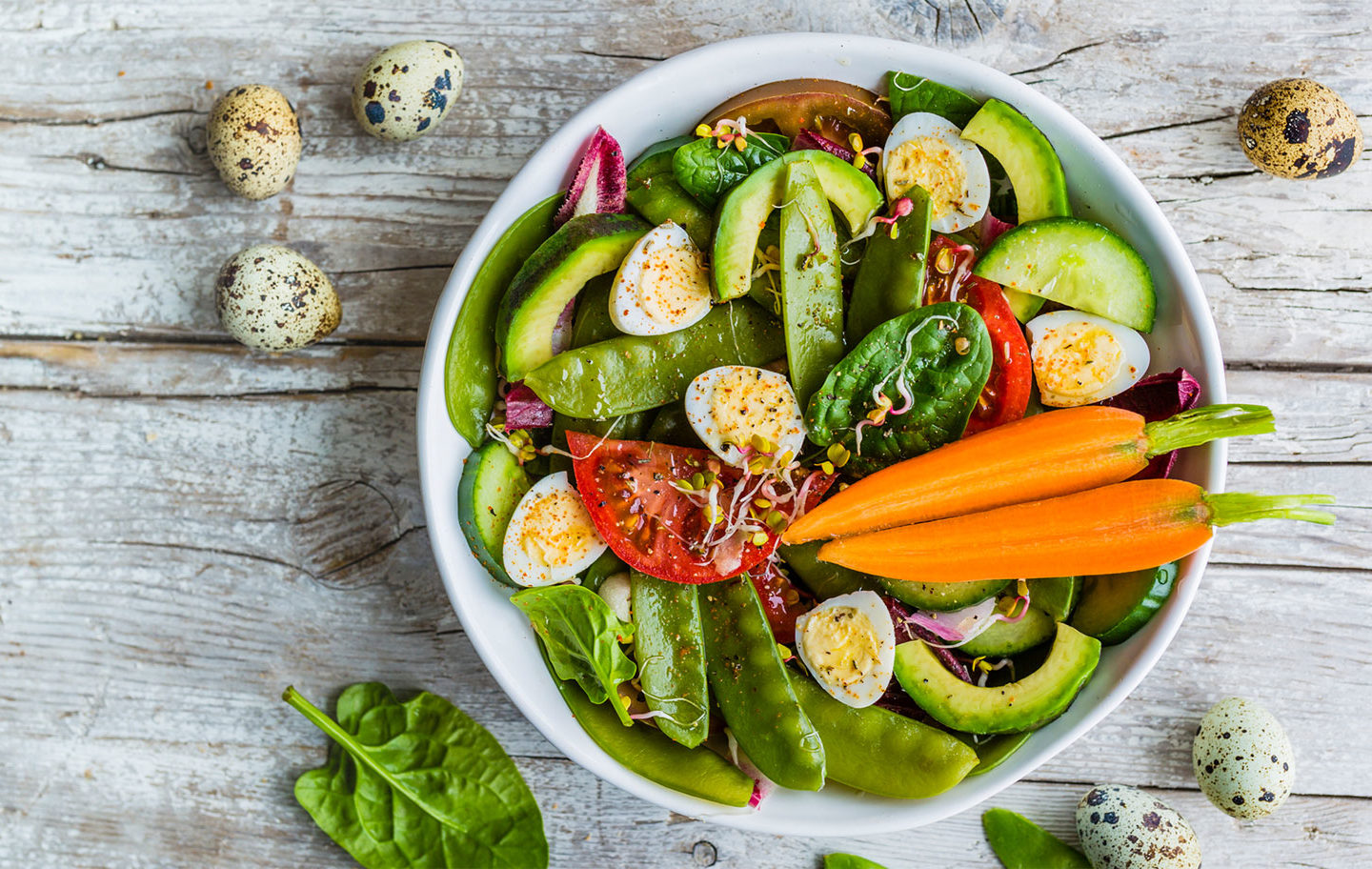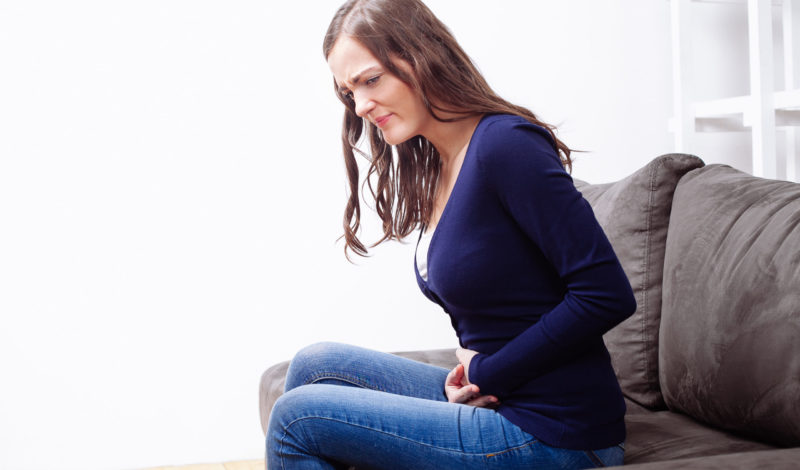Crohn's disease manifests itself in various symptoms. In the beginning they are still unspecific and do not have to be [...]

Crohn’s disease: the right diet for more well-being
The cause of Crohn’s disease and some other intestinal diseases is not fully understood. However, certain environmental factors and dietary habits seem to increase the likelihood of an outbreak. Change to a Crohn’s disease diet!Especially for patients suffering from Crohn’s disease, nutrition plays a very important role: both for general well-being and specifically for the course of the disease. The Crohn’s disease diet can help to prevent inflammation and thus prolong the remission phases (phases without active complaints). In addition the body must be sufficiently supplied with nutrients, so that the healing of inflamed intestine sections can progress faster.
How does a Crohn’s disease diet plan look like?
The best thing for people with Crohn’s disease is to discuss the details of their diet with an expert. The creation of a nutrition plan should always be part of the therapy: regardless of whether a doctor or nutritionist monitors them. Because affected persons do not tolerate sometimes some food or cannot digest it completely, whereby a lack of nutrients can develop, if one does not know, to which food one can fall back alternatively. Who is not sure, what he may still eat at all with Crohn’s disease, should ask for advice from a nutrition expert.
The ideal diet does not only differ from patient to patient, but also in the different phases of the disease. During the remission phase, food intake is usually less problematic than during a relapse.
A balanced diet
As for any other person, the following also applies to people suffering from Crohn’s disease: a balanced diet is important so that the body receives all the nutrients it needs. Basically, the following should be regularly on the diet:
Especially a sufficient supply of fibre is important. Dietary fibres are the food for helpful bacteria in the intestines, which strengthen the intestinal mucosa and prevent inflammation.
Prevent malnutrition
In times when complaints such as diarrhoea or abdominal cramps increase, malnutrition and insufficient supply could quickly be the result.
On the one hand, the intestines excrete food faster than they can utilize it, and on the other hand, the inflamed intestine needs more nutrients than in a healthy state.The following micronutrients are often absent in patients with Crohn’s disease:
- iron
- calcium
- vitamin D
- vitamin B12
- folic acid
If you want to prevent an undersupply, proper nutrition is extremely important in Crohn’s disease. If the body lacks some nutrients, it can therefore make sense to use suitable dietary supplements.
The risk of malnutrition is even higher in vegans with bowel disease. However, food intolerances can also put a limit to your meal plan. Especially if you have been suffering from Crohn’s disease for a long time, your intestines will often not tolerate everything or cannot utilize all nutrients. In such difficult cases, a dietary consultation can help to ensure that the body really gets everything it needs.
Avoid these foods
Also the following list, with food, which should not or hardly land on the plate, is known to most:
Actually, nobody should feed predominantly on the food mentioned above. However, patients with Crohn’s disease should reduce their consumption of these foods in particular, as their intestines are very delicate.
In Crohn’s disease, the right diet helps to balance the intestinal flora
Studies have shown that people suffering from Crohn’s disease almost always suffer from an imbalance of the intestinal flora. The state of the intestinal microbiome (intestinal flora) and the disease activity depend on each other – but it is not exactly clear how strongly they influence each other. The care of the intestinal flora and preservation of the natural balance of the intestinal bacteria is good for the whole body in any case – there is no doubt about that.
If you want to know exactly what the intestinal bacteria in your body are like, just test it out. INTEST.pro from BIOMES is an analysis of your intestinal flora. You can do the test discreetly at home and get a detailed evaluation. The scientists of BIOMES not only list you the amount of your intestinal bacteria, but also interpret the results. In this way you can find out whether you are missing certain important bacteria or whether there are more harmful bacteria.
Based on your personal test result, you will receive individual recommendations for action. With these you can strengthen your intestinal flora with an optimized diet. Possibly adequate probiotic food supplements are also useful. Especially if there is a large imbalance, the bacteria cultures can help your intestines to quickly get back into balance.



